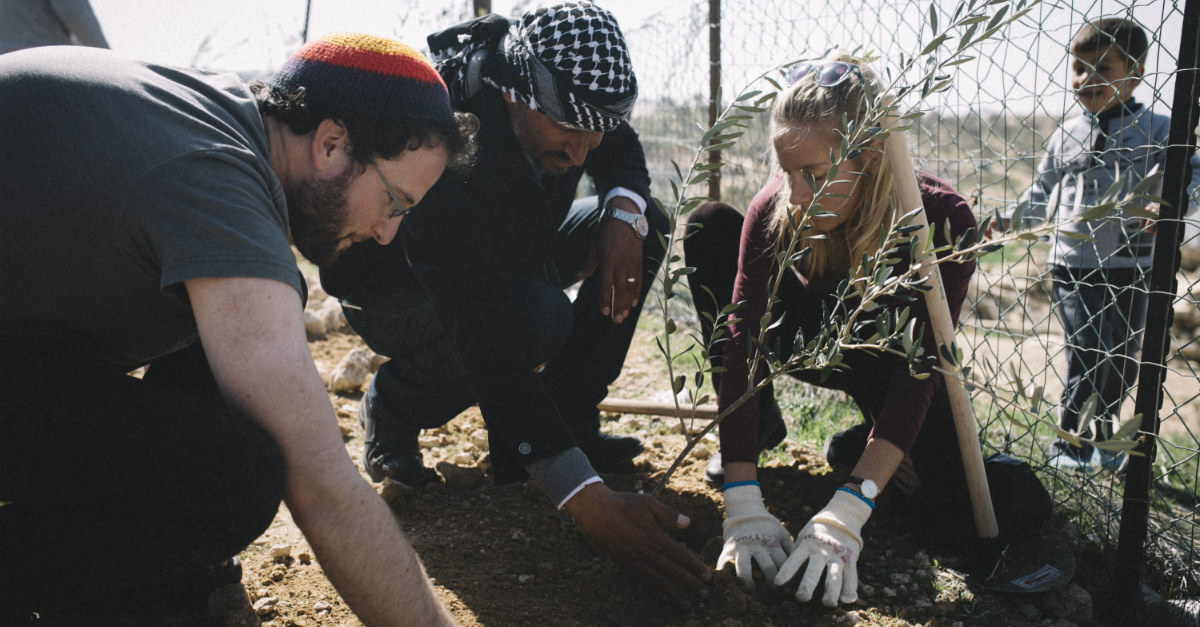
**This event is open to rabbinical, cantorial and Jewish education students spending their year in Israel**
On Friday, April 13, 2018, join the Truah Year-in-Israel Program on a special solidarity and study delegation of rabbinical students to the Bedouin village of Umm Al Hiran, where we will present prayers written for the village by rabbis, cantors and rabbinical/cantorial students from across North America. Stand together with Bedouin Israelis facing eviction from their homes, and make your voices heard.
Click here to RSVP for the visit and Click here to submit a prayer.
On March 21st, the village’s residents received demolition orders on most of the village’s homes, which authorities say will be carried out by the end of April. If the demolition is carried out, hundreds of Bedouin men, women and children, all Israeli citizens, will be made homeless. The demolition is part of a government plan to replace the village with a Jewish town named “Hiran,” which will be off-limits to non-Jewish residents. Unfortunately, the JNF is heavily invested in establishing the new town. T’ruah has asked rabbis, cantors, and rabbinical/cantorial students to submit prayers and messages of solidarity to the people of Umm Al Hiran, and we will present these prayers the residents. We will also hear from Israeli activists and Bedouin women’s rights activists about the human rights struggle of Israel’s Bedouin citizens. The tour will end in Jerusalem at least two hours before Shabbat starts.
We will hold a follow-up dinner for the tiyyul on Monday, April 16th from 19:00 to 21:00. The follow-up dinner is an valuable opportunity for us to build professional relationships with each other as future rabbis, cantors and Jewish educators. In the follow-up dinner, we explore what’s next for us in light of what we experienced, how we can draw on this experience in our future role as communal leaders, what further learning we may be interested in on this topic in the future, and how we can translate our learning about human rights in Israel to human rights work back home.

